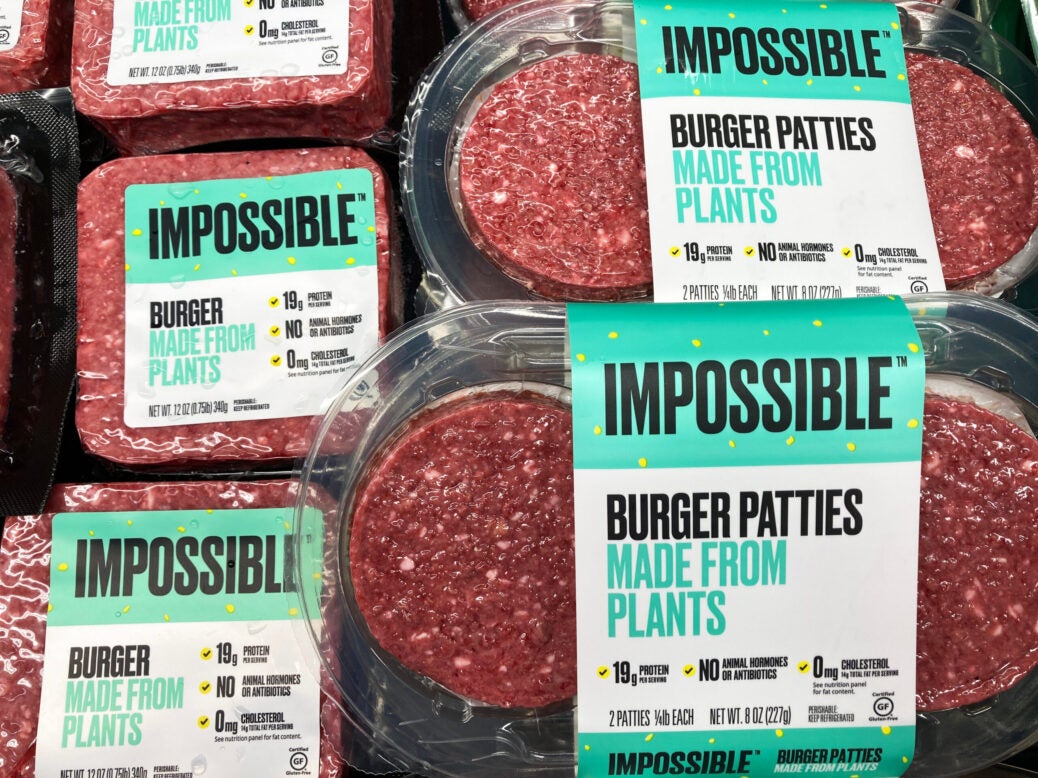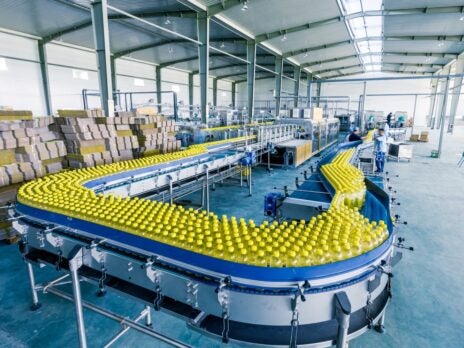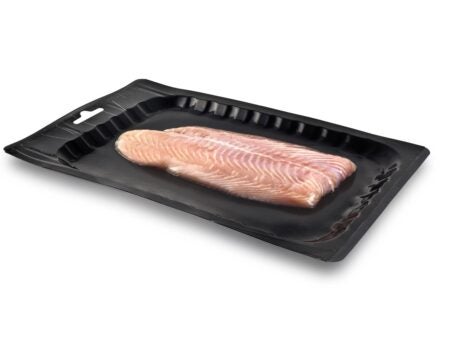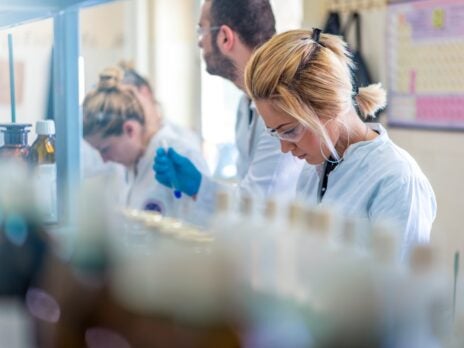
The value of venture-financing deals in packaged foods has tripled in two years, a trend set to accelerate as investors seek out entrepreneurial start-ups striving to tap into changing eating habits.
Health and environmental concerns are key drivers among investors and consumers, as especially younger shoppers seek more nutritious or environmentally-friendly food options.
Jeroen van den Heuvel, a London-based managing director at US investment bank Oppenheimer & Co., said, venture finance has become a force in investment in packaged-food companies, especially in plant-based foods.
Food deals in venture capital rose to US$7.8bn last year from $5.2bn in 2020, more than tripling from $2.2bn the previous year, according to figures compiled by GlobalData. The number of transactions increased to 552, compared to 378 in 2020 and 327 in 2019. GlobalData is the parent company of Just Food.
“I think that trend is definitely going to continue,” including both dedicated venture-capital funds and those operated by food companies, van den Heuvel said.
He added: “This is really caused by a global development – we are really still at the start but it is accelerating – a transition to a new and sustainable food system.
Content from our partners



“A sustainable food system is critical to combat climate change and battling climate change has real momentum; it has political momentum, it has momentum with corporations. Alternative proteins and alternative agri-tech are the most well-known areas of investment into the sustainable food system.”
The knock-on effects of increasing venture capital in the wider food system will itself likely spur further M&A activity and, eventually, consolidation, van den Heuvel suggests.
“You have a venture-capital firm doing the first round and, after let’s say three years, another round. And then, after five or six years, it’s ready for private equity to do a first round and make the company larger, more international. And then maybe doing small add-ons,” he explained.
“And then, over time, it will go to another PE or an IPO or it will be sold to a corporate. A lot of corporates, the Unilevers and the Nestlés, will end up buying a lot of these start-ups when they are successful. But they are more risk-adverse than PE funds.”
In the corporate food universe, van den Heuvel said Covid-19 has pushed up valuations for food manufacturers selling into retail as lockdowns forced people to eat at home, but conversely, they “nosedived” in the foodservice sector.
Nevertheless, he added optimism some countries are moving from the pandemic phase of the Covid-19 virus to an endemic phase could see M&A activity could go off with a “bang” in the next quarter or so.
“2022 could really be a great year both in the number of deals and deal value,” van den Heuvel said, describing 2021 as “the year we learned to live with Covid-19”.
In meat substitutes, the value of deals more than tripled last year to $11bn, from $3.3bn in 2020. They were also up on the $3.5bn in 2019, according to GlobalData. The conventional meat sector was also very active in what van den Heuvel deems a “defensive” strategy. The value of deals in that category climbed to $52.5bn last year, compared to $42.4bn in 2020 and $29bn in 2019.
Van den Heuvel argued meat companies are having to increase competitiveness amid the growing prevalence of meat alternatives and, ultimately, consolidation.
“If you have an offensive trend, that always creates a defensive trend. And it’s driven by large- and medium-sized meat companies to increase economies of scale. That way, they’re going to keep their profitability levels healthy in the future.
“That’s driven on the one hand by the trend to meat alternatives but, on the other hand, they also have to deal with rising input costs,” he explained.
Heuvel added: “The general public, they’ve become more and more aware and active in viewing meat as a major source of climate change and that’s going to impact demand for animal proteins and those things always drive consolidation trends.”
Pet food is “hot” for food industry deal-making in 2022 – M&A advisers talk the year ahead
Credit: Source link


Comments are closed.